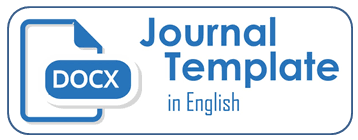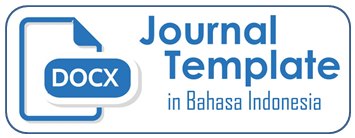Determinan yang mempengaruhi kualitas laba pada perusahaan manufaktur di indonesia (analisis sebelum dan sesudah adopsi ifrs)
DOI:
https://doi.org/10.26486/jramb.v1i2.201Abstract
This research is aimed at examining and analyzing the effect of investment opportunity set (IOS), liquidity, leverage and accounting conservatism on the quality of profit at manufacturing company before and after the adoption of IFRS. This research was classified as associative research. The samples used are 52 manufacturing companies registred at Indonesian Stock Exchange during the period of 2008-2013. The analysis employed multiple linear regression and paired sample t-test. The research showed that IOS variable and liquidity do not significantly affect on the quality of profit before and after the adoption of IFRS. While, leverage variable does not significantly affect the quality of profit before the adoption, but it does significantly after the adoption. Then, accounting conservatism variable had significantly affect on the quality of profit before and after the adoption of IFRS. The paired sample t-test showed that there is difference in quality of profit, liquidity, and accounting conservatism before and after the adoption of IFRS. While this research showed that IOS and leverage are different either before or after the adoption of IFRS.
Keywords : quality of profit, investment opportunity set (IOS), liquidity, leverage and acounting conservatism.
Downloads
Published
Issue
Section
License
Authors who publish with (JRAMB) Jurnal Riset Akuntansi Mercu Buana agree to the following terms:
Authors retain copyright and grant the JRAMB right of first publication with the work simultaneously licensed under a Creative Commons Attribution License (CC BY-SA 4.0) that allows others to share (copy and redistribute the material in any medium or format) and adapt (remix, transform, and build upon the material) the work for any purpose, even commercially with an acknowledgement of the work's authorship and initial publication in JRAMB. Authors are able to enter into separate, additional contractual arrangements for the non-exclusive distribution of the journal's published version of the work (e.g., post it to an institutional repository or publish it in a book), with an acknowledgement of its initial publication in JRAMB.
Authors are permitted and encouraged to post their work online (e.g., in institutional repositories or on their website) prior to and during the submission process, as it can lead to productive exchanges, as well as earlier and greater citation of published work (See The Effect of Open Access).












